在数字化浪潮中,小程序如同“轻量级应用生态”,为企业触达用户、优化服务提供了新路径。然而,从需求萌芽到产品落地,小程序定制并非“一键生成”,而是一场对业务逻辑、用户体验与技术实现的深度整合。
In the wave of digitalization, mini programs are like a "lightweight application ecosystem", providing new paths for enterprises to reach users and optimize services. However, from the emergence of demand to the implementation of products, mini program customization is not a "one click generation", but a deep integration of business logic, user experience, and technical implementation.
步:需求沟通——挖掘“真需求”而非“假想痛”
Step 1: Requirements Communication - Uncovering "Real Needs" Instead of "Hypothetical Pain"
定制流程的起点,是与客户进行“灵魂对话”:
The starting point of the customization process is to have a 'soulful dialogue' with the customer:
业务解构:通过“5W1H”提问法(为何做、给谁用、解决什么、何时用、何处用、如何用),剥离表面需求,直击核心痛点。
Business deconstruction: Using the "5W1H" questioning method (why do we do it, for whom do we use it, what do we solve, when do we use it, where do we use it, how do we use it), strip away surface requirements, and hit the core pain points directly.
用户画像:绘制目标用户的“数字分身”,包括年龄、职业、使用场景及行为偏好。
User Profile: Draw a "digital avatar" of the target user, including age, occupation, usage scenarios, and behavioral preferences.
竞品对标:分析同类小程序的“功能矩阵”与“体验盲区”,寻找差异化切口。
Competitor Benchmarking: Analyze the "functional matrix" and "experience blind spots" of similar mini programs to find differentiation opportunities.
第二步:原型设计——从“想法”到“可触摸”的跃迁
Step 2: Prototype Design - The Transition from "Ideas" to "Touchable"
将需求转化为“可交互的草稿”:
Translate requirements into "interactive drafts":
信息架构:绘制页面层级与导航逻辑,确保用户能“3步内”抵达目标功能。
Information architecture: Draw page hierarchy and navigation logic to ensure that users can reach the target function within 3 steps.
低保真原型:用灰阶色块与线条勾勒页面布局,聚焦功能流程而非视觉细节。
Low fidelity prototype: Use grayscale color blocks and lines to outline the page layout, focusing on functional processes rather than visual details.
用户旅程:设计“新手引导”与“异常状态”场景,预判用户可能遇到的困惑。
User Journey: Design scenarios for "novice guidance" and "abnormal states" to anticipate potential confusion that users may encounter.
第三步:UI/UX设计——“颜值”与“脑值”的双重博弈
Step 3: UI/UX Design - Dual Game of "Appearance" and "Brain Value"
视觉与交互需共同编织“情感化体验”:
Visual and interactive elements need to weave together an 'emotional experience':
视觉风格:根据品牌调性选择“极简风”“科技感”或“国潮风”,色彩心理学应用需贯穿始终。
Visual style: Select "minimalist style", "sense of technology" or "China-Chic style" according to the brand tonality, and color psychology should be applied throughout.
动效设计:用“微交互”提升操作反馈,如按钮点击的“水波纹”效果。
Dynamic design: Use "micro interaction" to enhance operational feedback, such as the "water ripple" effect of button clicks.
响应式适配:确保界面在iOS、Android及平板端无缝切换,避免“变形”或“错位”。
Responsive adaptation: Ensure seamless interface switching between iOS, Android, and tablet, avoiding "distortion" or "misalignment".
第四步:技术选型——“底层架构”决定“上层建筑”
Step 4: Technology selection - "Bottom architecture" determines "superstructure"
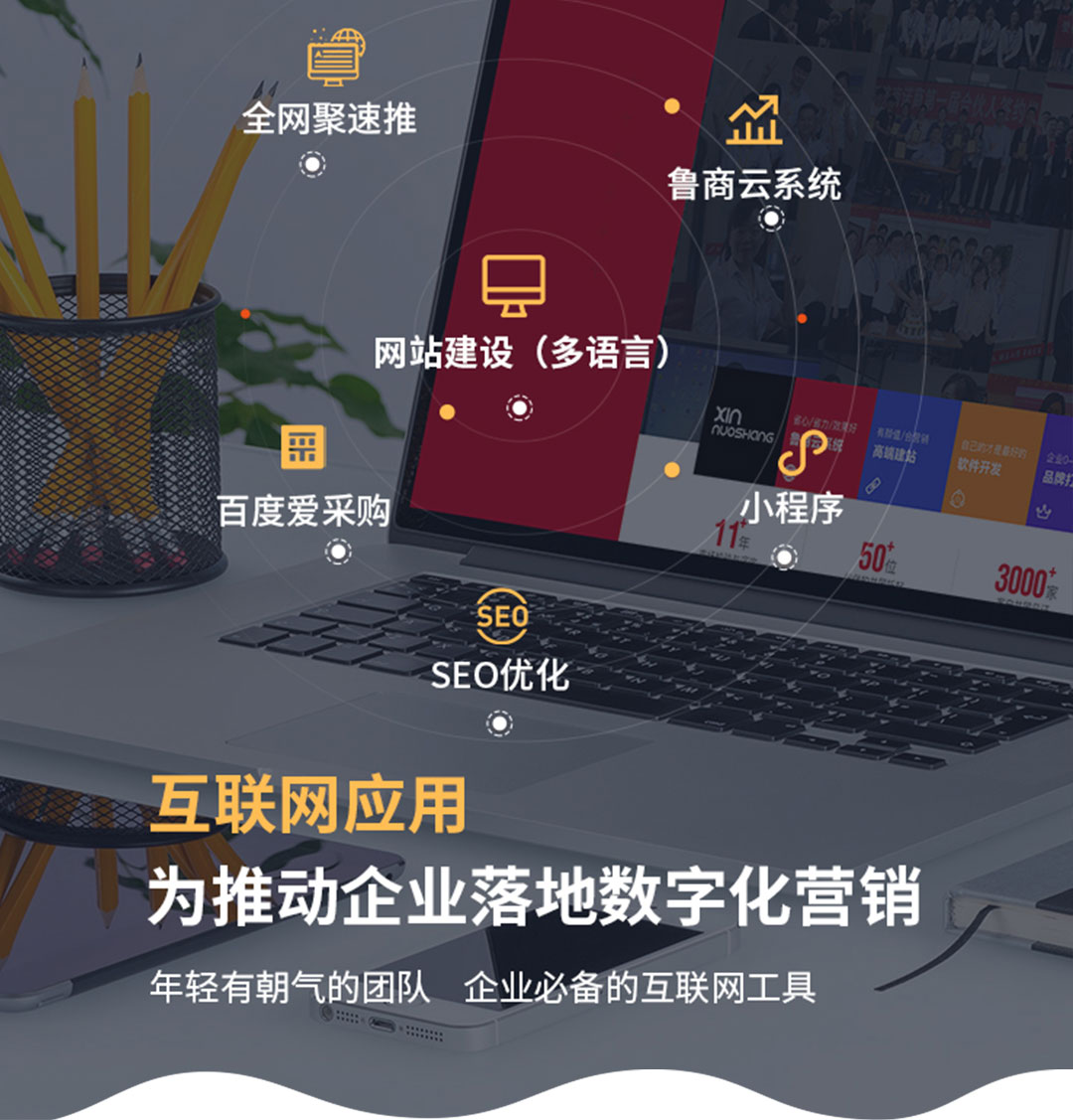
技术实现需兼顾稳定性与扩展性:
Technical implementation needs to balance stability and scalability:
前端框架:根据项目复杂度选择原生开发、Uni-app或Taro,平衡性能与开发效率。
Front end framework: Choose native development, Uni app, or Taro based on project complexity to balance performance and development efficiency.
后端架构:采用微服务架构或Serverless方案,应对高并发与数据挑战。
Backend architecture: Adopting microservice architecture or Serverless solutions to address high concurrency and data security challenges.
第三方服务:集成支付、地图、社交登录等SDK,需提前评估兼容性与数据隐私风险。
Third party services: integrating payment, map, social login and other SDKs, compatibility and data privacy risks need to be evaluated in advance.
第五步:开发测试——“代码世界”的严谨与浪漫
Step 5: Development Testing - Rigorousness and Romance of the "Code World"
从“写代码”到“打磨产品”的进化:
The evolution from "writing code" to "polishing products":
敏捷开发:采用“ sprint冲刺”模式,每2周交付可测试版本,快速验证功能假设。
Agile development: adopting the "sprint" mode, delivering testable versions every 2 weeks to quickly verify functional assumptions.
自动化测试:通过Monkey测试、接口压力测试等工具,提前发现“隐藏Bug”。
Automated testing: By using tools such as Monkey testing and interface stress testing, "hidden bugs" can be discovered in advance.
灰度发布:先对1%用户开放新功能,根据反馈调整后再全量上线。
Grayscale release: First open new features to 1% of users, adjust according to feedback, and then fully launch.
第六步:上线运营——“出生”只是开始,“成长”才是关键
Step 6: Online operation - "Birth" is just the beginning, "growth" is the key
小程序需持续进化以适应市场变化:
Mini programs need to continuously evolve to adapt to market changes:
数据监控:通过“留存曲线”“功能热力图”等指标,识别用户“真香”功能与“弃用”模块。
Data monitoring: Identify users' "true fragrance" functions and "abandoned" modules through indicators such as "retention curve" and "functional heatmap".
A/B测试:对按钮文案、页面布局等进行小范围对比实验,用数据驱动决策。
A/B testing: Conduct small-scale comparative experiments on button copy, page layout, etc., and use data-driven decision-making.
版本迭代:建立“功能优先级矩阵”,将资源聚焦于“高价值需求”。
Version iteration: Establish a 'feature priority matrix' to focus resources on 'high-value requirements'.
本文由济南小程序定制友情奉献.更多有关的知识请点击:https://www.chinanovo.net真诚的态度.为您提供为的服务.更多有关的知识我们将会陆续向大家奉献.敬请期待.
This article is a friendly contribution from Jinan website construction For more information, please click: https://www.chinanovo.net Sincere attitude To provide you with comprehensive services We will gradually contribute more relevant knowledge to everyone Coming soon.


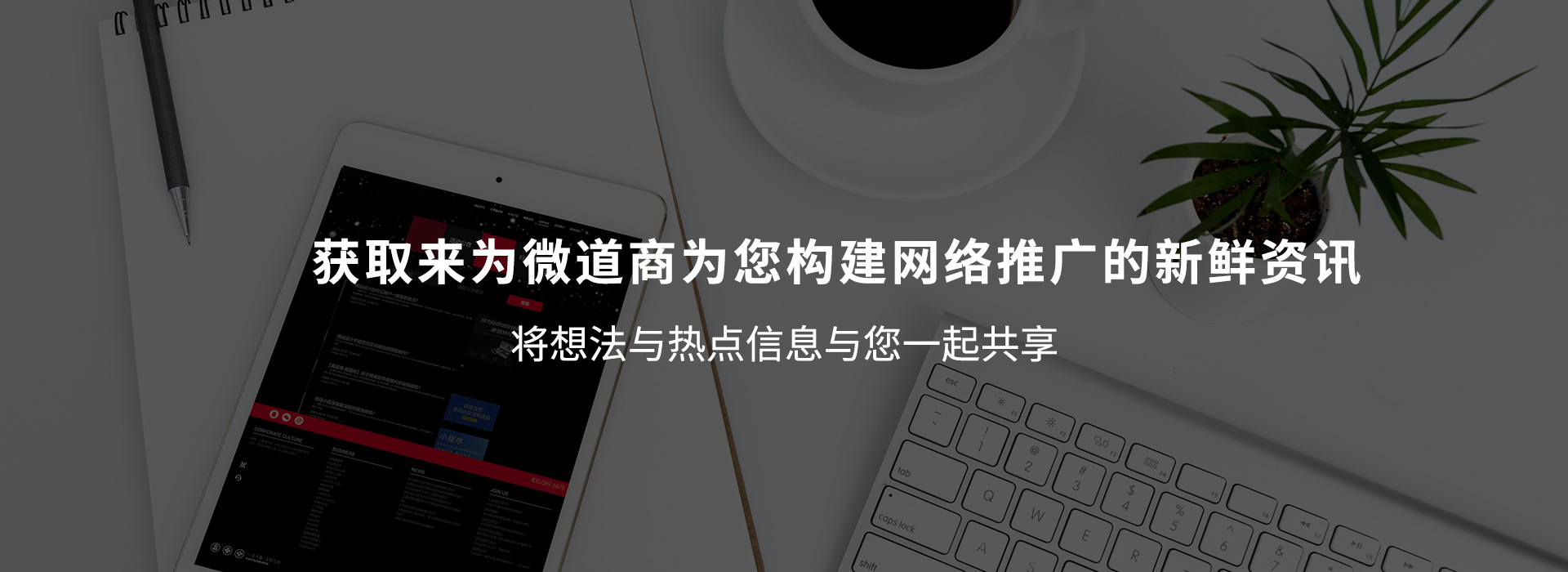

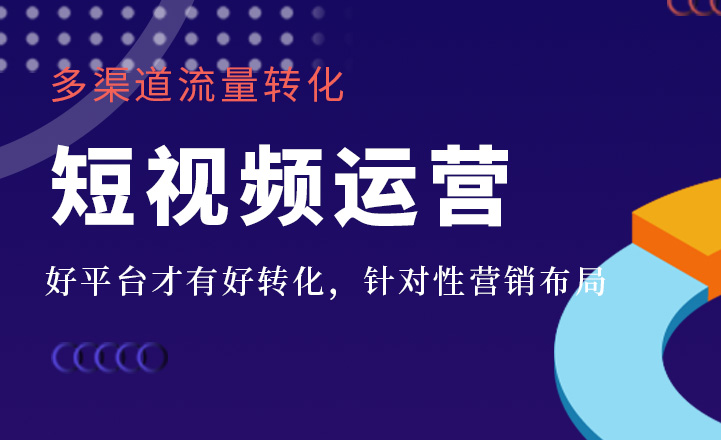
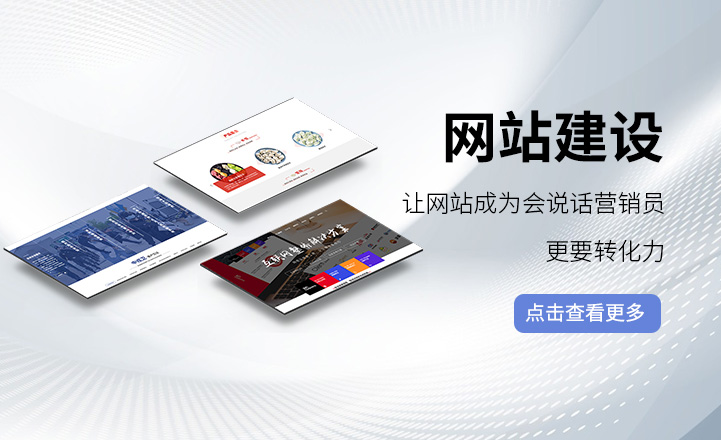
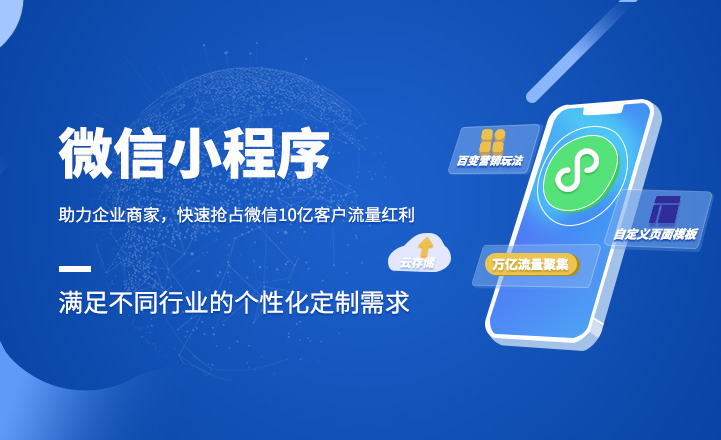



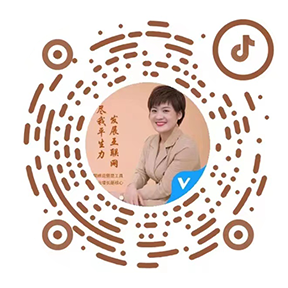

 鲁公网安备37010202000892号
鲁公网安备37010202000892号